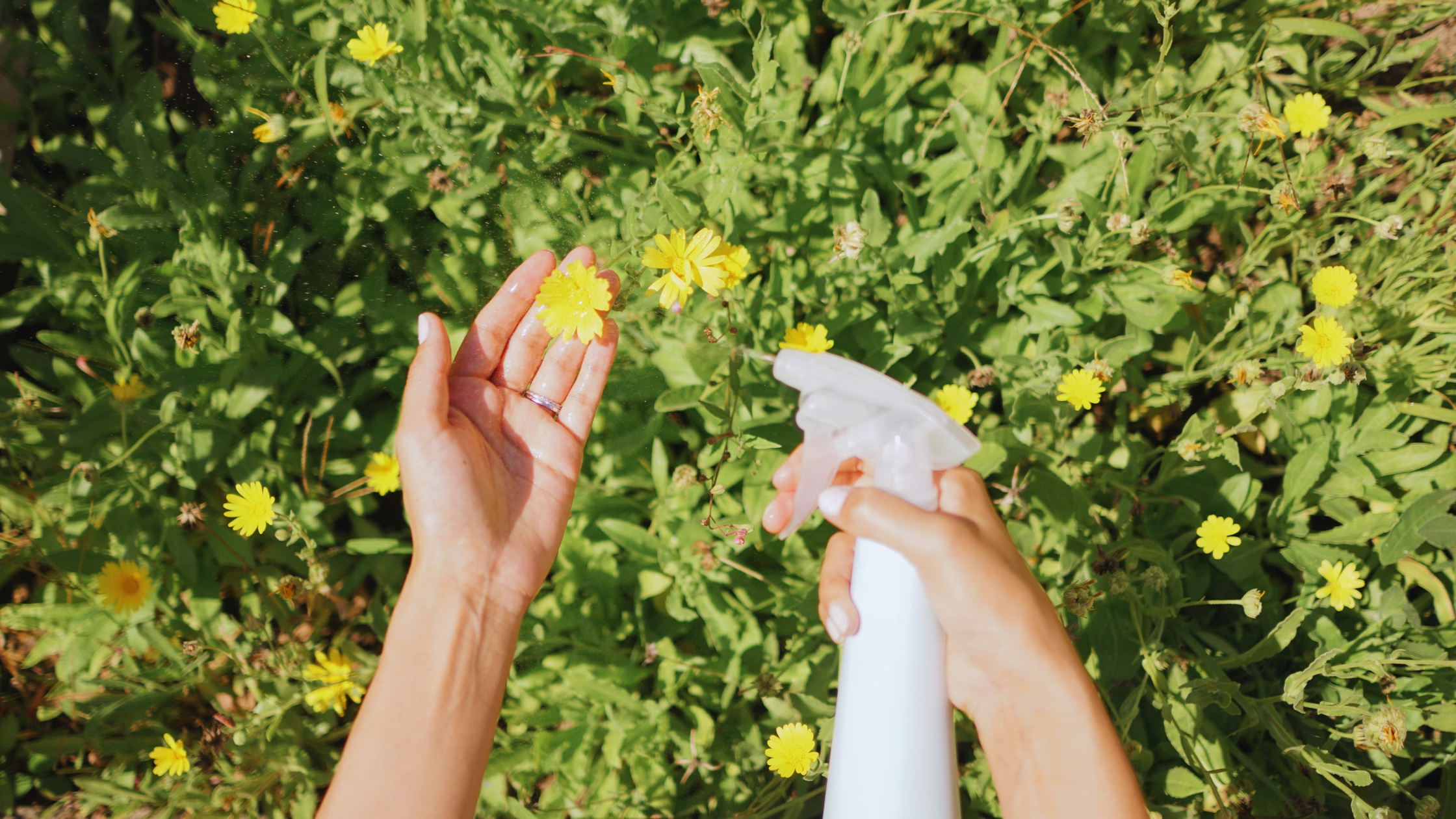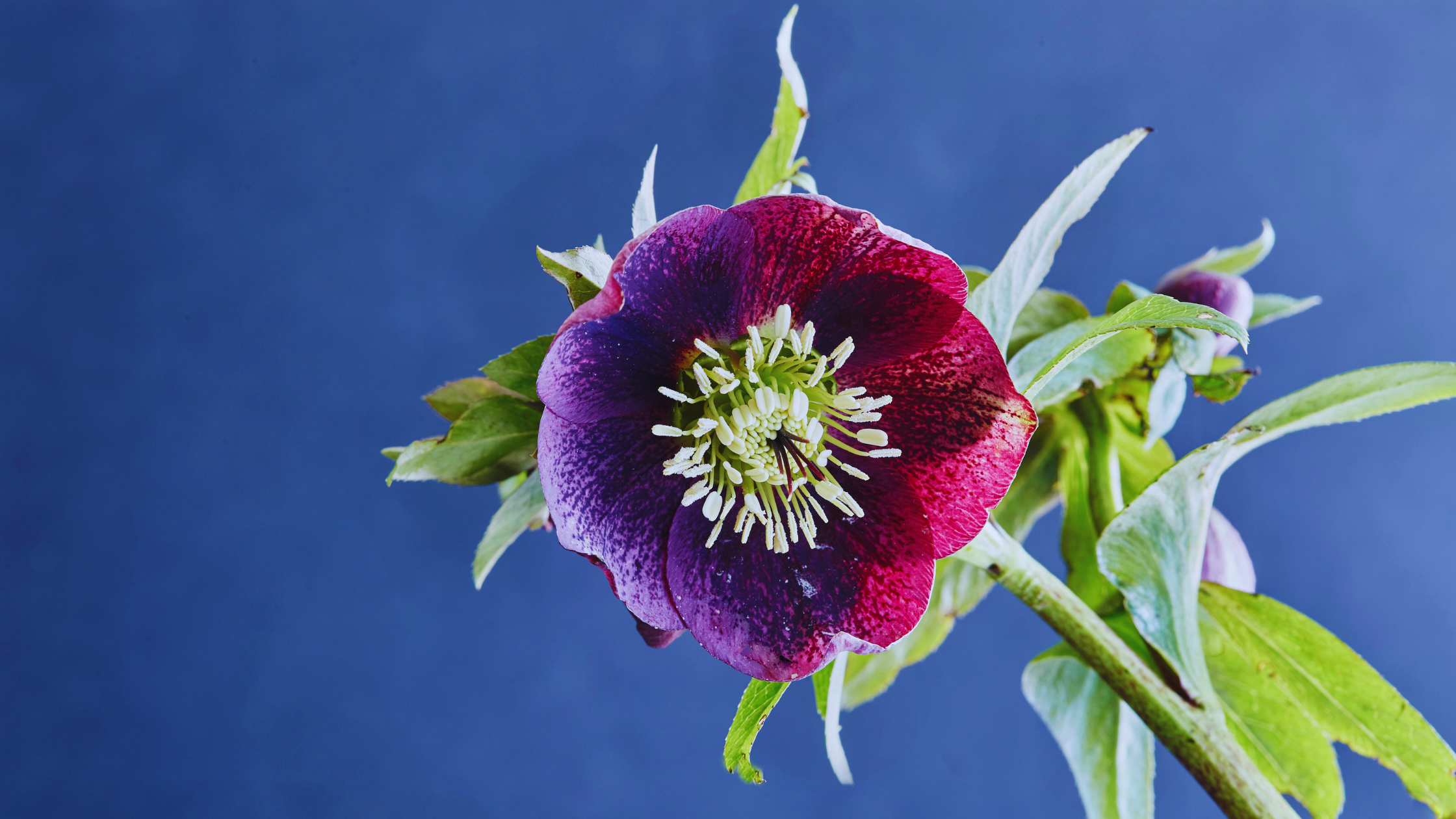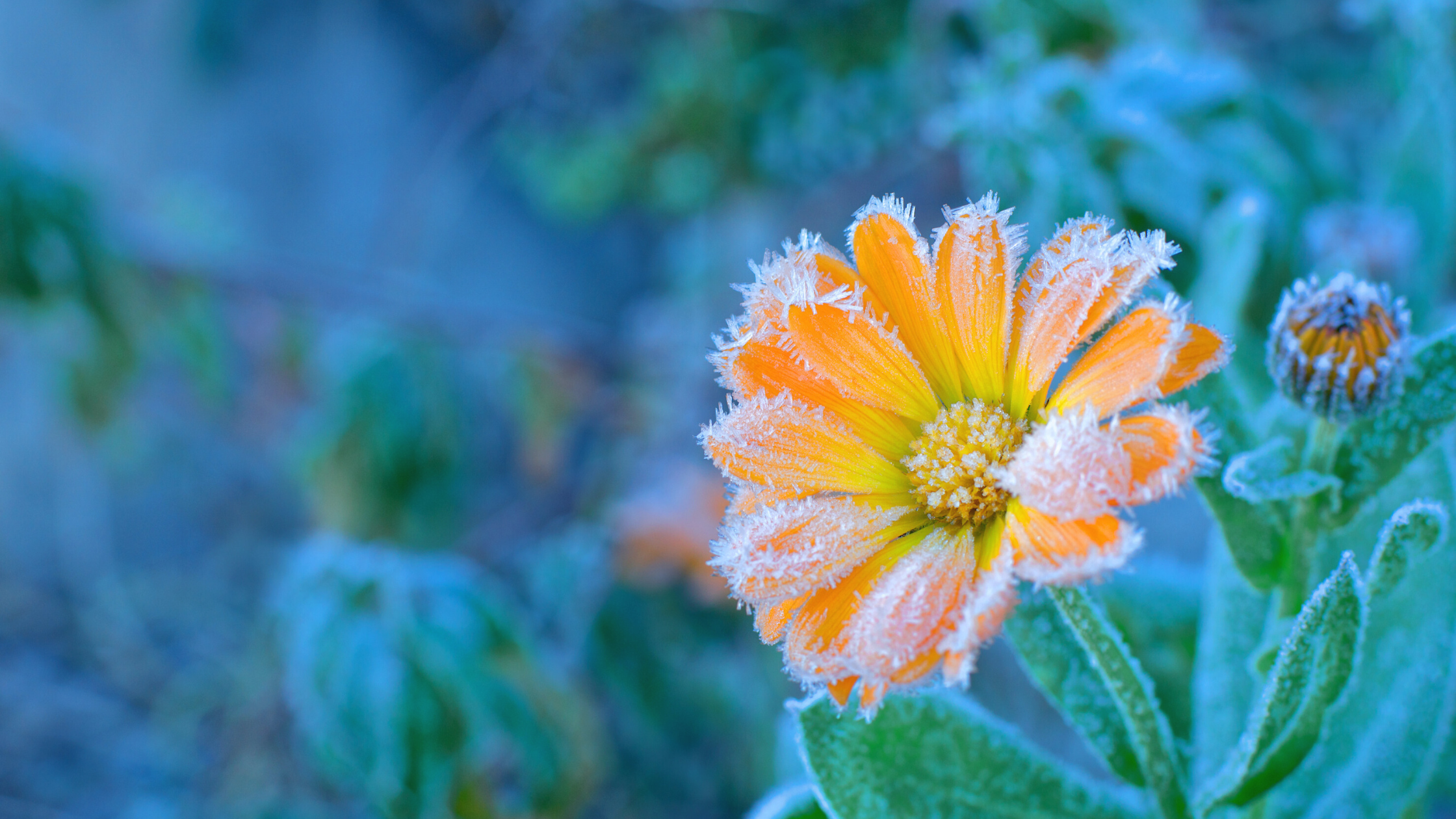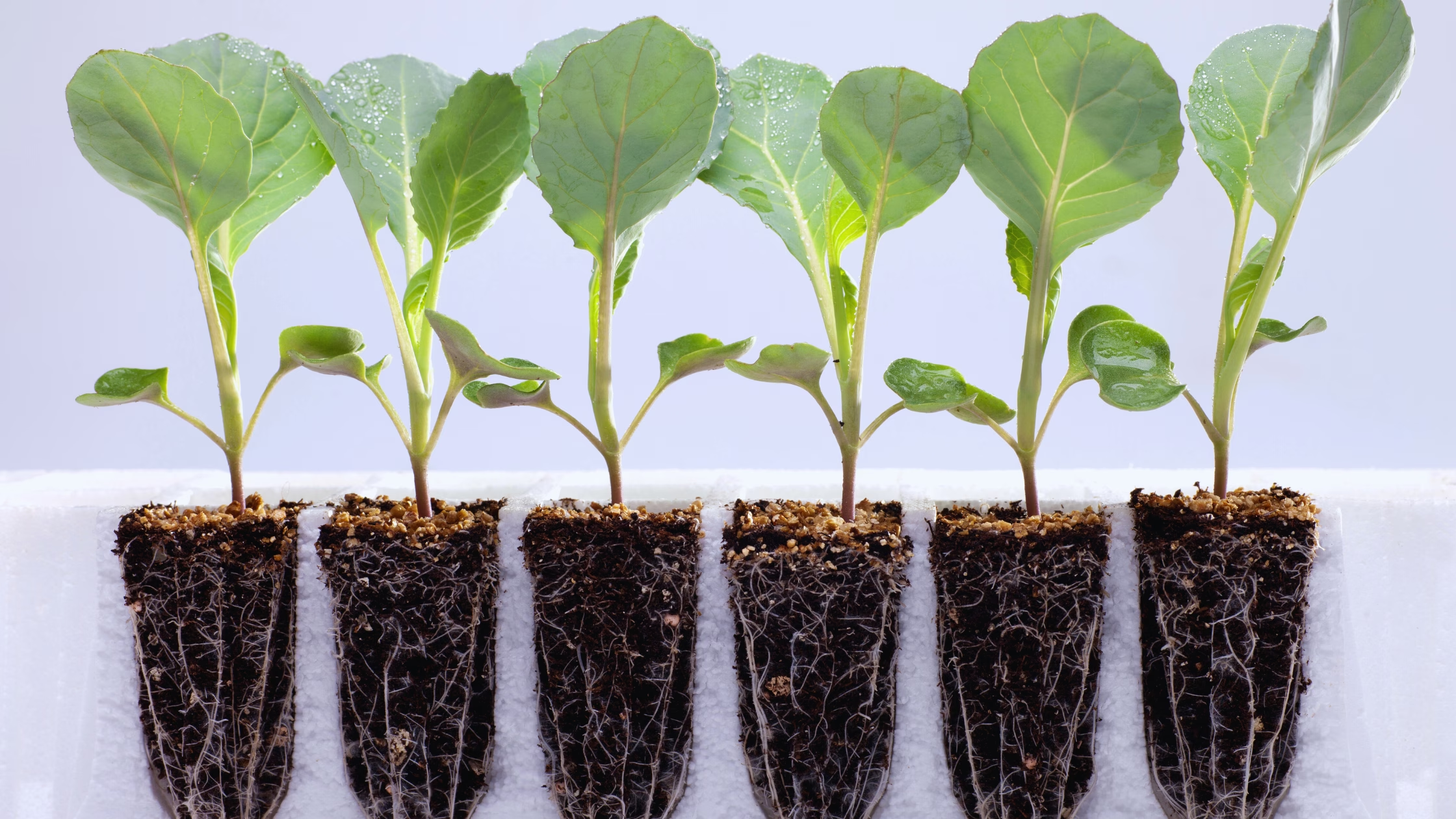You don’t need synthetic sprays or pricey fertilizers to have a lush, thriving garden. In fact, some of the most powerful tools for plant health are already in your kitchen. From deterring pests to enriching the soil, natural remedies like cinnamon, baking soda, and coffee grounds offer simple, effective solutions. Not only do they support a vibrant garden, but they also align with a clean, non-toxic lifestyle—keeping your plants (and your body) free from harsh chemicals. If you’re all about keeping things natural while still getting results, this guide is for you.
Here are 9 natural garden remedies you can start using today:
1. Epsom Salt
What it does: Boosts magnesium and sulfur levels in the soil.
Use it for: Tomatoes, peppers, and roses especially benefit—just mix 1 tablespoon into a gallon of water and apply monthly. It helps improve flowering, fruiting, and overall growth.
- Amazon Recommendation: Earthborn Elements Epsom Salt (1 Gallon), Resealable Bucket, Magnesium Sulfate Soaking Solution, All-Natural
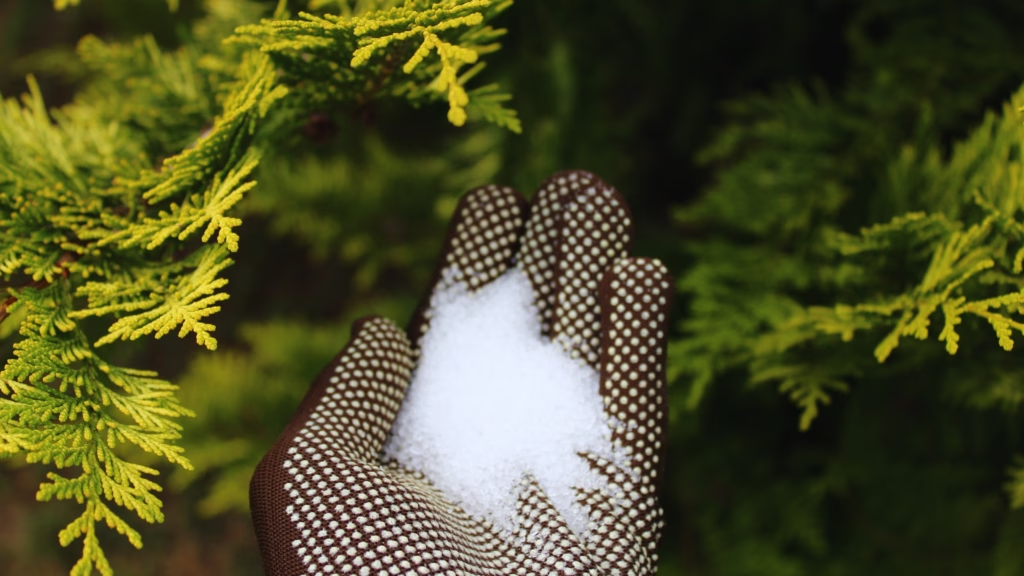
2. Baking Soda
What it does: Acts as a gentle fungicide and deodorizer.
Use it for: Preventing powdery mildew and black spot on leaves. Mix 1 teaspoon of baking soda, a few drops of liquid soap, and 1 quart of water in a spray bottle and apply to affected plants.
- Amazon Recommendation: Arm & Hammer Baking Soda
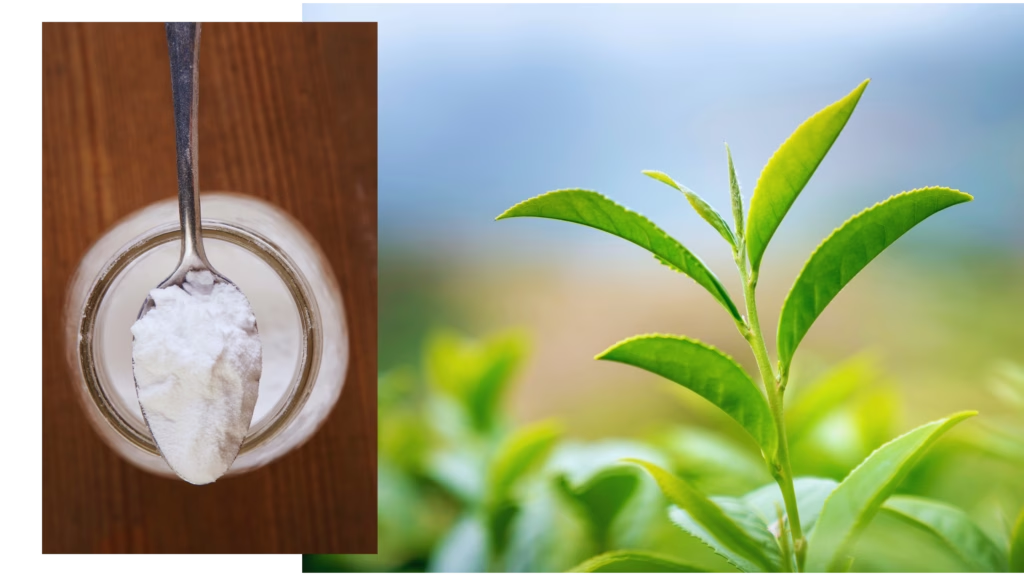
3. Cinnamon
What it does: Natural anti-fungal and pest deterrent.
Use it for: Sprinkling over seedling soil to prevent damping off disease or along garden beds to repel ants and gnats.
- Amazon Recommendation: Fresh Finest Bulk 5LB Ground Cinnamon Powder – Kosher Certified Cinnamon Powder
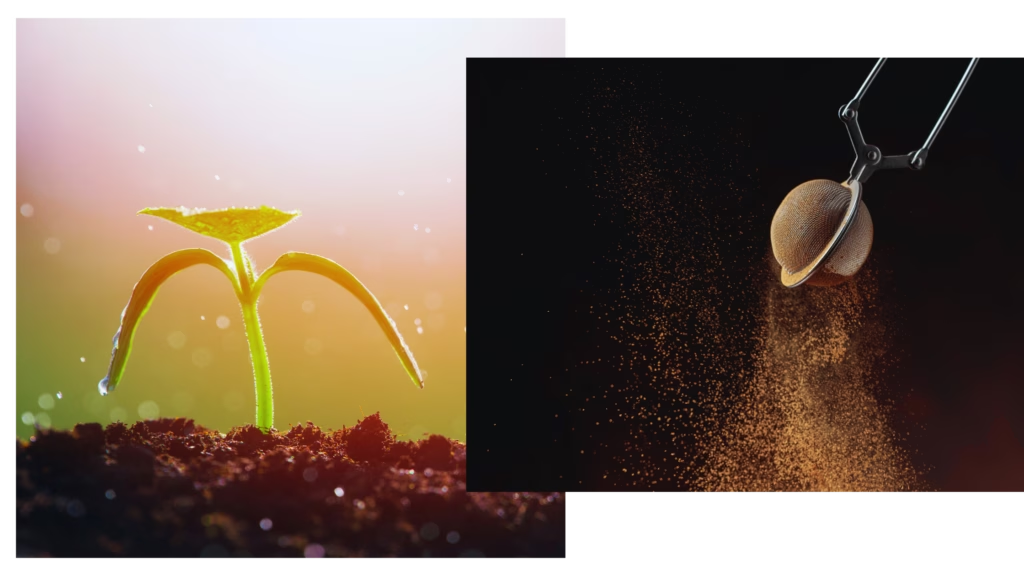
4. Chili Flakes or Cayenne Pepper
What it does: Repels pests with its spicy scent.
Use it for: Keeping squirrels, rabbits, and insects away from your plants. Mix with water and a few drops of dish soap for a DIY pest spray, or sprinkle directly on soil (away from stems).
- Amazon Recommendation: Spice Classics Crushed Red Pepper, 12 oz and Simply Organic Cayenne Pepper, 2.89 Ounce
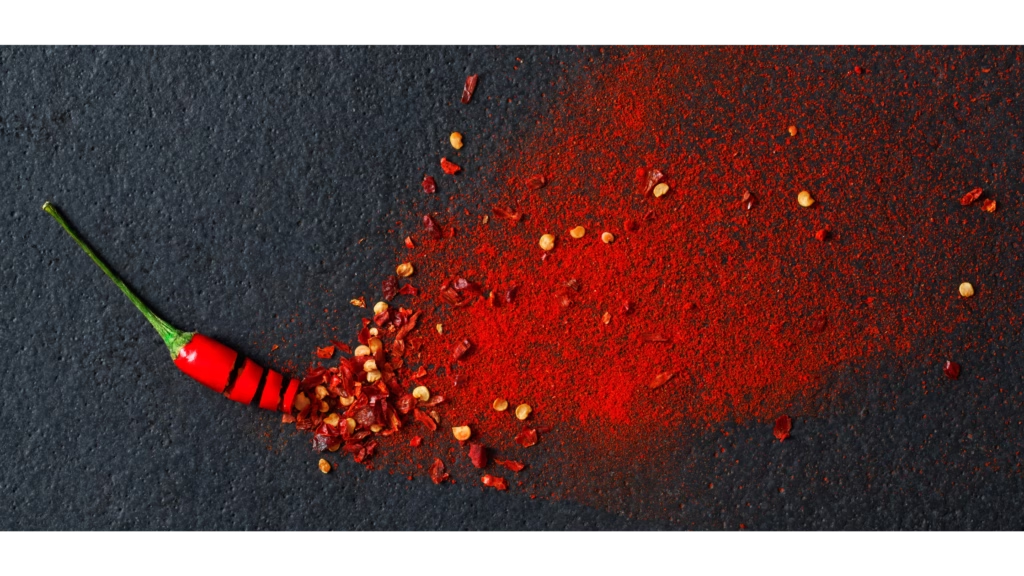
5. Coffee Grounds
What it does: Enriches soil with nitrogen and deters certain pests.
Use it for: Acid-loving plants like azaleas, roses, and blueberries. Scatter around the base of the plant or mix into compost. Bonus: also helps deter slugs and cats.
- Amazon Recommendation: Java Earth Soil Amendment, Dry Coffee Grounds
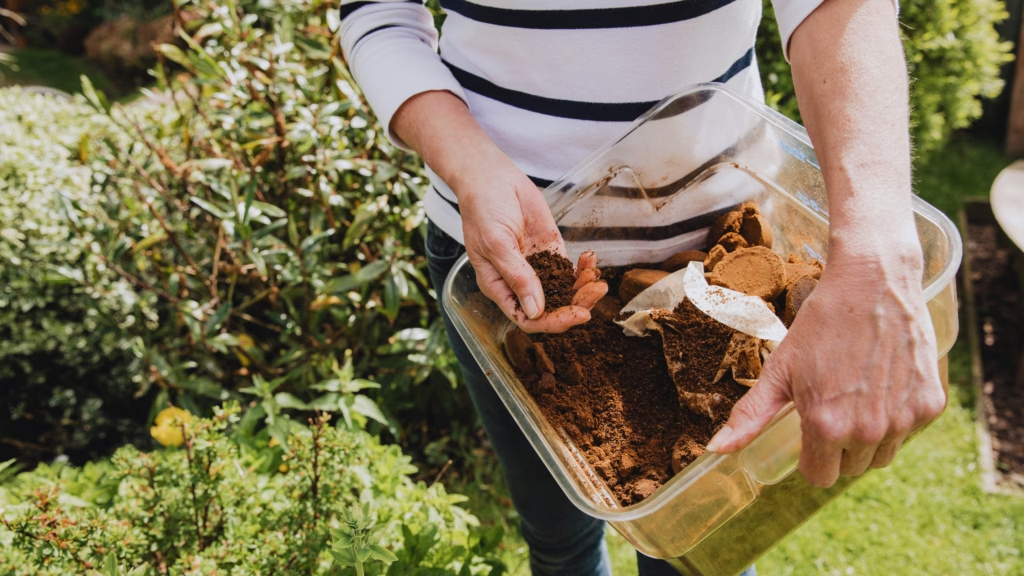
6. Banana Peels
What it does: Adds potassium, phosphorus, and calcium.
Use it for: Burying near the root zone of plants, especially roses, to encourage blooming and healthy root development.
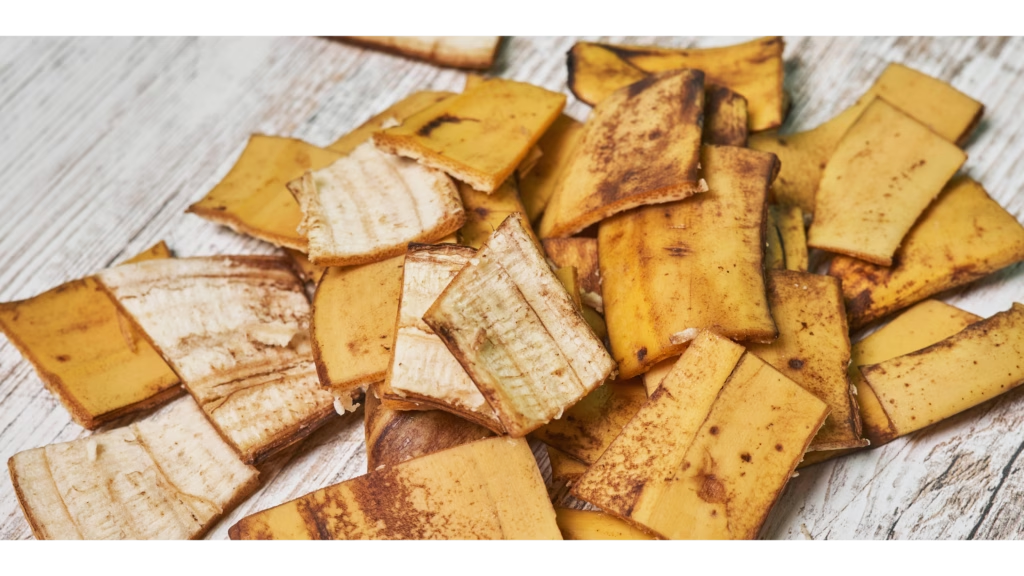
7. Vinegar
What it does: Acts as a natural weed killer.
Use it for: Targeting unwanted weeds on walkways and between cracks. Use with caution around wanted plants—it can kill those too!
- Amazon Recommendation: Lucy’s Family Owned – Natural Distilled White Vinegar, 1 Gallon
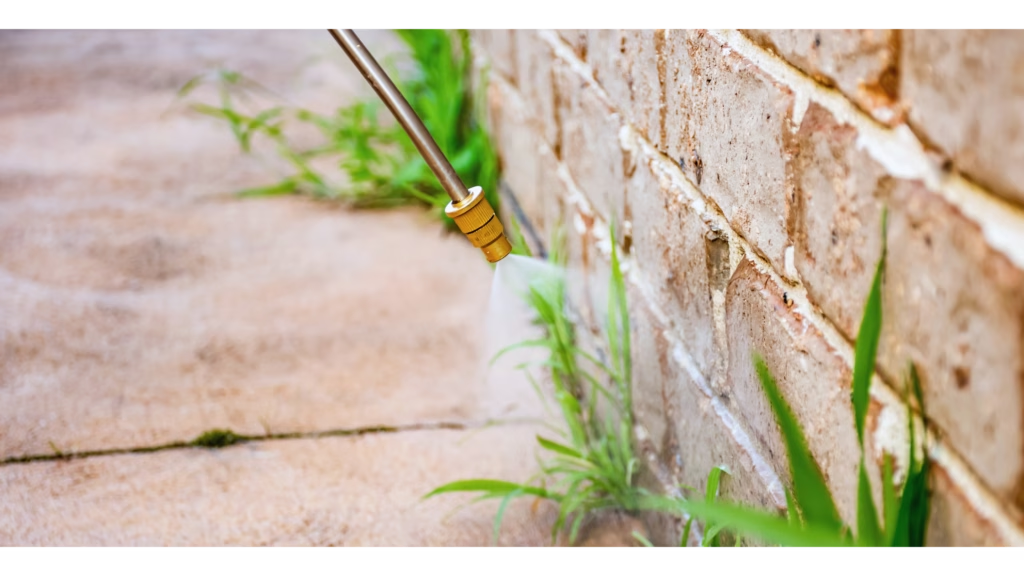
8. Eggshells
What it does: Provides calcium and deters soft-bodied pests.
Use it for: Crushing and scattering around tomato, pepper, and squash plants to reduce blossom end rot and repel slugs and snails.
- Amazon Recommendation: Natures Vitality Farms Eggshell Fertilizer Powder, 1 Pound
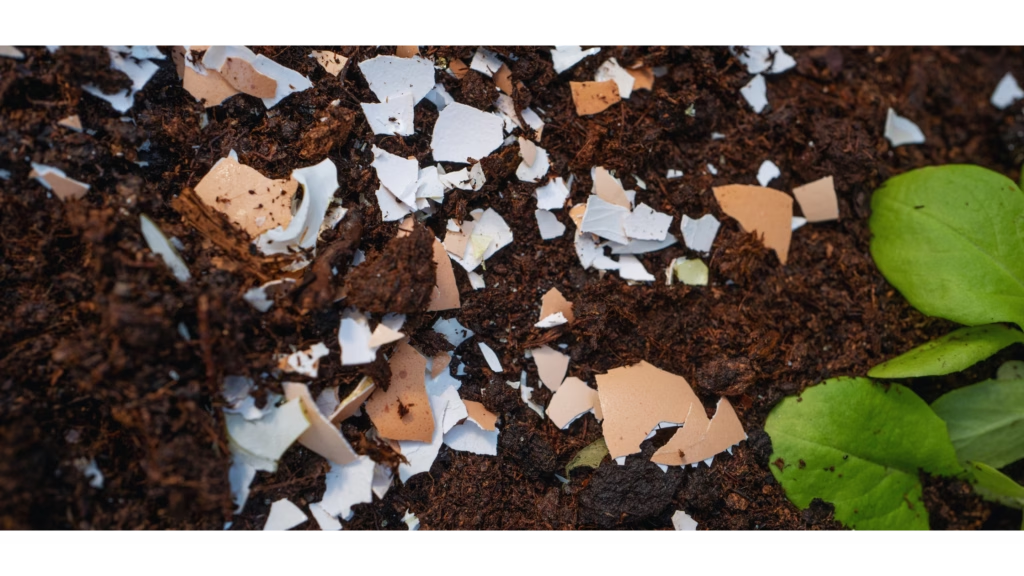
9. Molasses
What it does: Feeds beneficial microbes in the soil.
Use it for: Mixing 1-2 tablespoons per gallon of water to improve soil health and attract earthworms. Great for vegetable gardens!
- Amazon Recommendation: ARZER HydroOrganics HOF08304 Earth Juice Hi-Brix MFP, 1 Qt
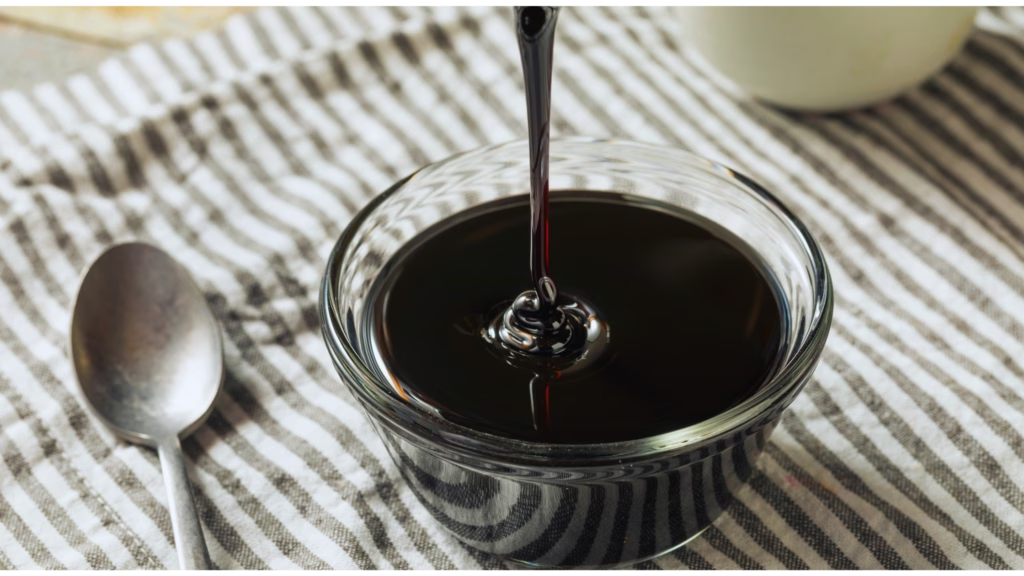
Nature always knows best—and when it comes to gardening, the simplest solutions often come from your own kitchen. These non-toxic, natural garden remedies not only support your plants’ growth and health, but they also help protect pollinators, soil ecosystems, and your own well-being. As more gardeners shift away from harsh chemicals, it’s empowering to know that clean, sustainable choices can still be incredibly effective.
Ready to give your garden a clean boost? Try incorporating one or two of these natural remedies this week and watch your garden flourish—naturally.

For more clean and natural home alternatives: Clean and Safe Home Swaps to Improve Your Health
